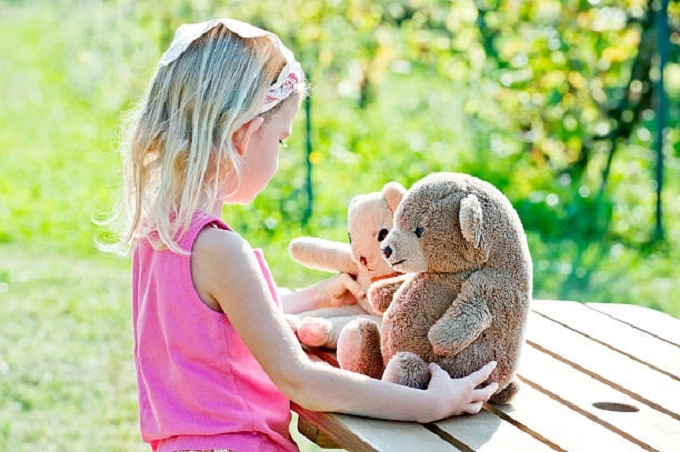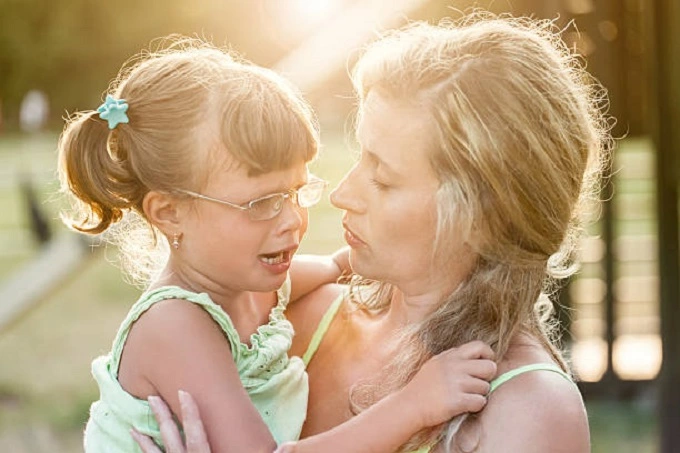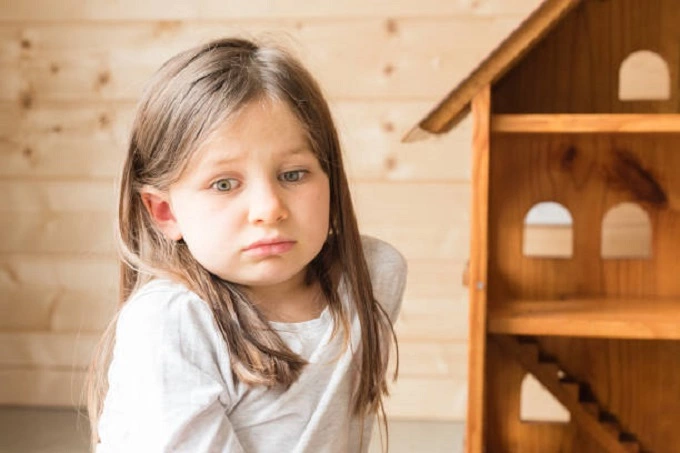Negative effects of divorce on children

Adults face challenges when their families break up, but the negative effects of divorce on children, regardless of their age, are extremely serious. This may be expressed in a variety of ways on the outside.
For example, young children become more capricious, whiny, naughty, picky eaters, and older adults can withdraw into themselves, start spending a lot of time on the Internet, or, conversely, be away from home more often, trying to find a replacement for family among friends. The negative of divorce on children can be different. Let’s look at individual cases.
6 negative effects of divorce on children

1. School performance
Due to internal experiences, the focus of the child’s attention is shifted from his usual activities, and in most cases, this is reflected in school performance. The child ceases to be focused on the lessons as his mind is occupied with completely different things.
And even if by some miracle he concentrates at school, at home, where everything reminds him that his former world is destroyed, he completely ceases to control the independent completion of homework, especially if the parent who left the family helped him with math or another difficult subject.
2. Bad company
How else do children deal with their parents’ divorce? They are often associated with bad company. In a difficult era of life, even a first-grader might start smoking and drinking, and older children are virtually always influenced by authoritative peers who convince them to “forget about their ancestors” and live their own lives.
At the age of 13-14, the chances of being involved with a bad company are greater than ever. Hormonal maturation and a difficult psychological circumstance create an explosive combination that may result in full separation from the kid. It’s particularly important to keep an eye on kids acting in outstanding ways even before the family breaks up.
To get the latest stories, install our app here
3. Decreased self-esteem
Of course, a two-year-old will not think that the reason dad left the family is his bad behaviour. Still, at the age of 7-8, older children may well begin to analyze the situation and, due to immature thinking, come to a terrifying conclusion for themselves – dad left because I did not obey him, misbehaved at school and did not study my lessons. Sometimes the parents themselves can raise the degree, most often the mother who says in her heart to the baby: “Well, you see, you misbehaved, and that’s why dad left!”

Such a tactic is categorically unacceptable, but even if the mother does not say such things, she should sensitively listen to the child’s emotions and talk to him. Feeling guilt about a son or daughter, the mother must firmly assure that the child has nothing to do with it, and the fact that the dad no longer lives with them is sole because they no longer find it necessary to be together. Leaving a child alone with experiences can lead to severe psychological consequences and affect his entire future life. So whatever one may say, the parents’ divorce affects the child’s psyche, and it is very important not to miss this moment in the flow of clarifications with the ex-husband and the division of property.
4. Sensitive to Emotions
Divorce may bring a variety of emotions to a family’s forefront, and the children involved are no exception. Loss, anger, bewilderment, worry, and a variety of other emotions may arise due to this change. Children may be overwhelmed and emotionally sensitive due to their parents’ divorce. Children need an outlet for their feelings — someone to speak to, someone who would listen, etc. – and how they handle their emotions may be affected by divorce.
5. Trouble with relationships
Despite their best intentions to establish stable relationships as adults, research shows that children who have experienced divorce are more likely to divorce in their own relationships. According to some studies, children from divorced homes are two to three times more likely to divorce than those from non-divorced families.

6. They may pick sides
According to a study, children experience cognitive dissonance and loyalty conflict when their parents divorce. This is simply a fancy way of stating they’re uncomfortable being caught in the middle, unsure whether to support one parent or the other.
This might show a strong desire for “fairness,” even if it is detrimental to their own growth.
To get the latest stories, install our app here
What to do?
Each parent must make an effort in this area. It would help if you began by discussing the reasons for the divorce with the children. You don’t have to tell the full truth, but you do have to tell it in such a manner that the kid feels he isn’t guilty and that you both still love him. At least at first, each of you should spend as much time as possible with your children.
It is important to ensure that the children do not spend the day alone; grandparents may assist in this aspect. If financial resources permit, a preschool or first-grader child can engage a nanny or governess. It will also be incredibly beneficial to seek the help of a skilled psychologist who can identify the child’s unique experiences and provide advice on how to ease them.
Unfortunately, the children are the ones who suffer the most as a result of their parent’s divorce. The effects of divorce on children’s development will not go unnoticed. He will not feel deprived if the former spouses discover the right approach from a friend to friend and parenting children. If you were unable to rescue your family, look after your children.




